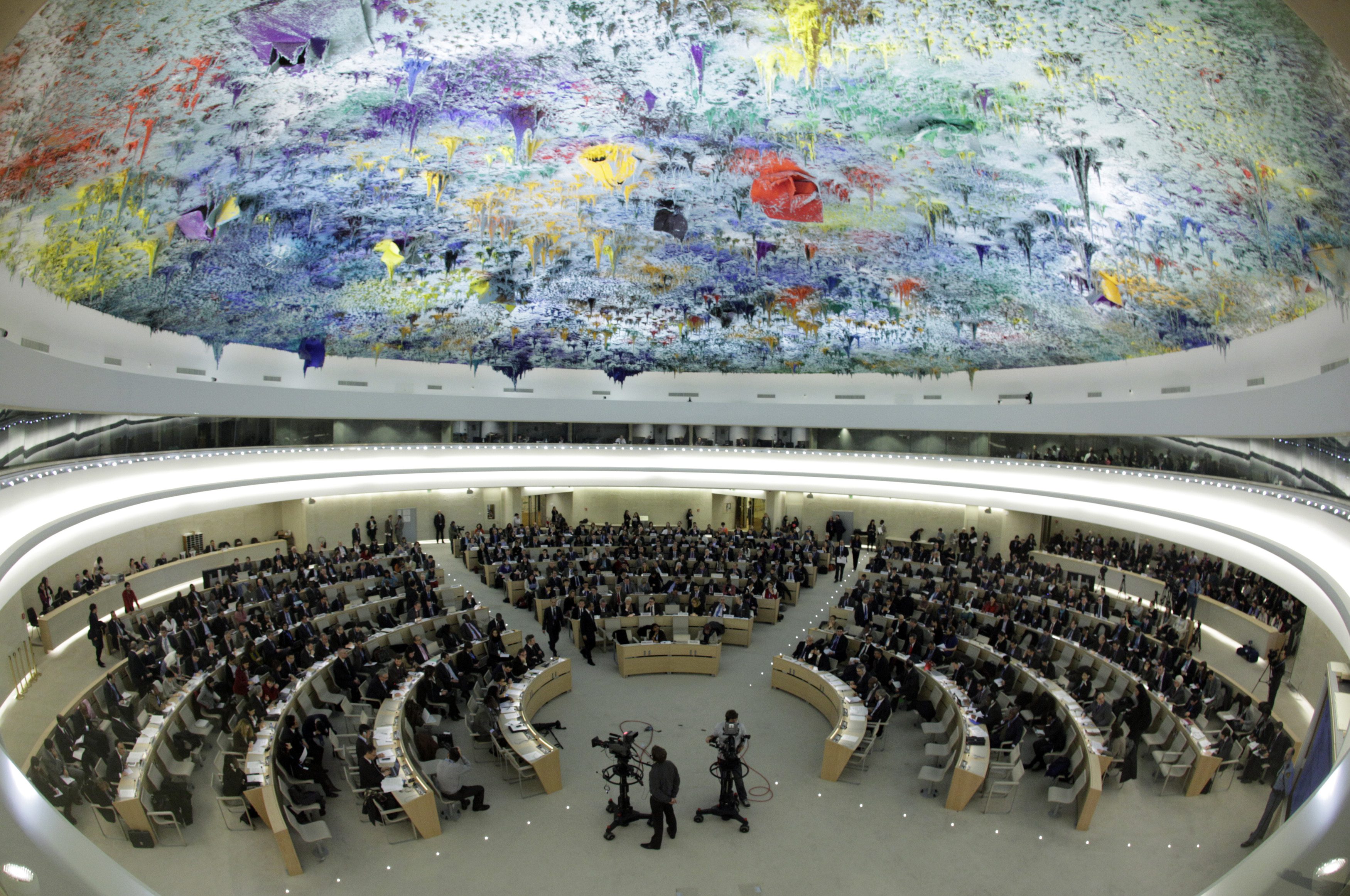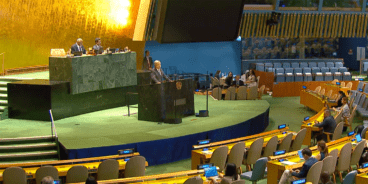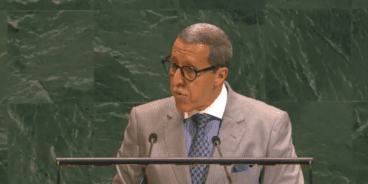
Statement on behalf of the Group of Friends of the Responsibility to Protect at the 2024 UN General Assembly Debate on R2P
The statement below was delivered by the Permanent Mission of Croatia on behalf of the Group of Friends of R2P at the UN General Assembly plenary meeting on the responsibility to protect and the prevention of genocide, war crimes, ethnic cleansing and crimes against humanity, 1 July 2024.
I have the honor of delivering this statement on behalf of the Group of Friends of the Responsibility to Protect, consisting of 55 Member States and the European Union, and this year co-chaired by Croatia, Guatemala and Morocco.
We would like to thank the Secretary-General’s Special Adviser on the Responsibility to Protect, Mô Bleeker, for her statement. As this is the first time Ms. Bleeker joins us in the General Assembly as the Special Adviser on R2P, we would like to welcome her. The late distribution of this year’s thematic report of the Secretary-General did unfortunately not allow enough time for reflection and feedback. This is regrettable, as annual debates on R2P provide an important opportunity for member states to reflect upon the contents of the report, consider its recommendations, and discuss with the wider UN membership progress and challenges in the context of the report’s theme.
This year’s debate is taking place when populations around the globe are facing extreme levels of violence, mass atrocities and displacement. Despite the international community’s commitment to preventing and protecting civilians from atrocities, today we are bearing witness to a pervasive degradation of respect for civilian lives and an appalling disregard for the norms and laws designed to prevent the hazards of armed conflict and minimize their impact on civilians.
Millions of people are enduring unspeakable suffering amid violence or repressive policies that target and persecute vulnerable populations, destroy civilian infrastructure and social fabric of a society, including cultural property, and, at times, tears entire communities and countries apart. Far too many populations are facing extreme shortages of food, water and medicine as human-made humanitarian catastrophes continue to unfold and worsen, while humanitarian access is being deliberately obstructed or blocked, causing differentiated consequences for women and girls.
Consistently upholding our collective responsibility to protect populations from atrocities – no matter who they are or where they are from – is critical and is the need of the hour.
Mr. President,
In the last two decades, considerable progress has been made in understanding the risk factors, causes, and dynamics that drive atrocities. Relevant information on risks of atrocities, the existing potential to prevent their occurrence, and the institutional capacity to protect vulnerable populations and to hold perpetrators of atrocity crimes accountable are widely available. Despite these advances, the international community has been unable to prevent the commission of atrocities in a number of critical cases.
Today’s debate is important for reaffirming our collective commitment to the Responsibility to Protect and to improve our responses, including by focusing on prevention and recognizing risk factors and indicators as patterns in the context in which they arise and addressing them in a timely manner. As we near the 20th anniversary since the adoption of the Responsibility to Protect, it is imperative that policies, practices and structures which enhance our preventive capabilities and ability to respond to unfolding crises be at the center of discussions and engender the necessary political will at all times. R2P should be paramount within our shared mission to advance peace and security, human rights, the rule of law and development.
Mr. President,
In this context, we would like to reaffirm our full support to the mandate of the UN Secretary General’s Special Advisor on the Responsibility to Protect. As underlined in our statements at previous UNGA debates, we encourage the Secretary-General’s two Special Advisers on the Prevention of Genocide and on R2P to use their leadership roles to advance atrocity prevention and R2P and highlight risks around the world. We urge the Special Advisers to strengthen these efforts, share their analyses with the wider UN membership, and regularly provide the necessary early warning assessments and recommendations on how to prevent atrocities, including to the Security Council, General Assembly and the Human Rights Council. We also encourage the two Special Advisers to work with all relevant parts of the UN system, to overcome siloes and address atrocity risks holistically.
We not only would like to encourage the Secretary-General to include in his future reports concrete, action-oriented recommendations on how to enhance the protection of vulnerable populations and uphold our collective responsibility to protect, but to also include assessments of the implementation of recommendations of previous reports. Recommendations are important to outline specific steps or actions to better prevent atrocity crimes and can identify key areas for improvement. In addition, integrating conflict prevention into long-term development strategies and addressing socio-economic inequalities are essential to create conditions for sustainable peace and frameworks of accountability.
We encourage broader participation and collaboration with civil society organizations to ensure that the voices of those most impacted by atrocities are heard and integrated into our strategies and policies. We would like to thank the Global Centre for the Responsibility to Protect for their invaluable work as Secretariat of the Global Network of R2P Focal Points and the Group of Friends, both in New York and Geneva.
As we are approaching the 20th anniversary of the World Summit it would be prudent to take stock as well as look forward into how to improve implementation and remove obstacles. The anniversary is the perfect time to review what has been achieved and what lies ahead. Let us use the time until 2025 to gather best practices, identify challenges and strengthen our strategies.
Thank you.
Related Content


UN General Assembly Debate on the Responsibility to Protect, 2025
